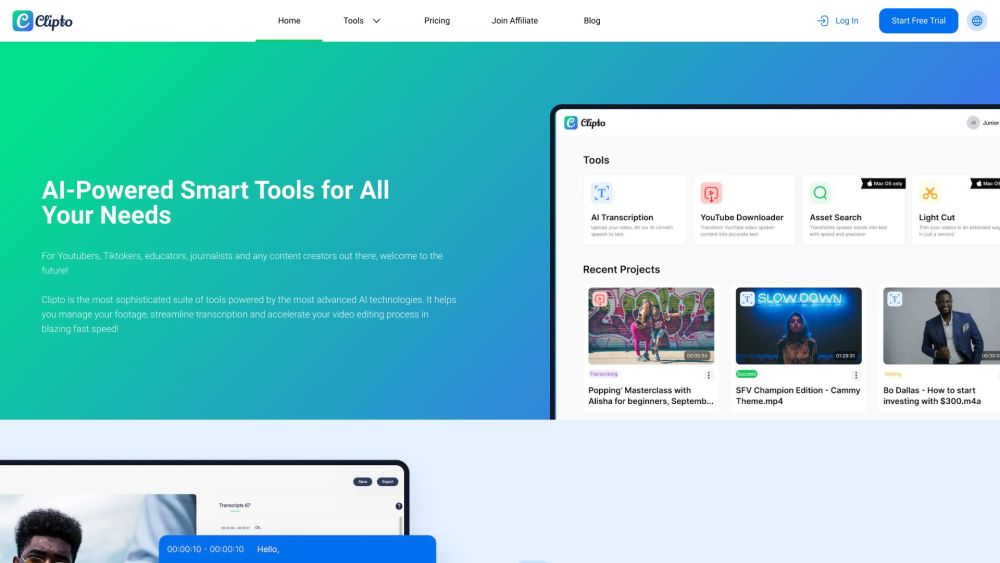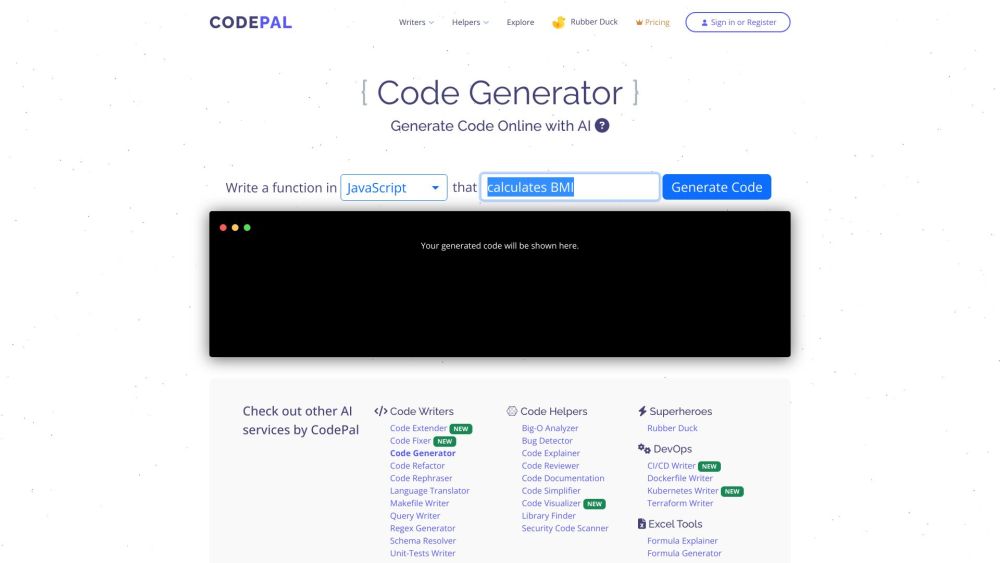Another generative AI startup has successfully secured significant funding, echoing the trend of ambitious promises in the industry. Emergence, co-founded by Satya Nitta, the former lead of global AI solutions at IBM Research, officially launched from stealth mode on Monday, announcing a remarkable $97.2 million in funding from Learn Capital, along with over $100 million in available credit lines. Emergence aims to create an “agent-based” system capable of handling various tasks typically performed by knowledge workers, leveraging first- and third-party generative AI models like OpenAI’s GPT-4o.
“At Emergence, we are delving into multiple facets of the rapidly evolving field of generative AI agents,” said Nitta, Emergence’s CEO. “Within our R&D labs, we’re advancing the science of agent systems through a ‘first principles’ approach, focusing on essential AI tasks such as planning, reasoning, and self-improvement in agents.”
The inspiration for Emergence followed Nitta's co-founding of Merlyn Mind, a company specializing in education-oriented virtual assistants. He realized that the technologies developed at Merlyn could also be applied to automate various workstation software and web applications.
Joining forces with fellow ex-IBMers Ravi Kokku and Sharad Sundararajan, both of whom also co-founded Merlyn Mind, Nitta launched Emergence to “advance the science and development of AI agents.”
“While current generative AI models excel in language understanding, they still struggle with advanced planning and reasoning abilities required for complex automation tasks— the primary focus of our expertise,” Nitta explained.
Emergence boasts an ambitious roadmap featuring a project named Agent-E, which aims to automate tasks such as filling out forms, searching online marketplaces, and navigating streaming services like Netflix. An initial version of Agent-E has already been released, trained using a combination of synthetic and human-annotated data. However, Emergence's first fully-developed product is an “orchestrator” agent.
Launched on Monday, this orchestrator acts as an automatic model switcher for workflow automations. By considering factors such as model capabilities and usage costs (if third-party), the orchestrator evaluates the task at hand— for instance, writing an email— and selects a suitable model from a curated developer list.
The orchestrator can generate workflows by effectively “stitching” models together to perform tasks and subsequently “verifying” the successful execution of these workflows.
“Developers can establish appropriate guardrails, utilize multiple models for workflows, and seamlessly switch to the latest open-source or generalist model as needed— all without worrying about issues like cost, prompt migration, or availability,” Nitta said.
Emergence’s orchestrator conceptually resembles AI startup Martian’s model router, which directs prompts to various AI models based on uptime and feature sets. Another player, Credal, offers a more simplistic model-routing solution driven by hard-coded rules.While Nitta acknowledges these similarities, he emphasizes that Emergence's technology is more reliable and advanced, highlighting additional configuration options such as a manual model selector, API management, and a cost overview dashboard.
“Our orchestrator agent is designed with a robust understanding of the scalability and availability needed for enterprise systems, bolstered by the extensive experience of our team in developing some of the world's largest AI deployments,” he noted.
Emergence plans to monetize the orchestrator with a premium hosted version accessible via API in the near future. However, this is just a fraction of Emergence's broader vision to build a platform for managing claims, documentation, IT systems, and customer inquiry triaging within systems like Salesforce and Zendesk.
To support its ambitions, Emergence has formed strategic partnerships with Samsung and Newline Interactive—both of which are current Merlyn Mind clients— to integrate its technology into future products.
Which specific products will emerge from this collaboration, and when? According to Nitta, they include Samsung’s WAD interactive displays and Newline’s Q and Q Pro series displays, although timelines remain uncertain as development is still in its early stages.
AI agents are undeniably trending at the moment, with major players like OpenAI and Anthropic developing comparable task-performing agent products, while tech giants such as Google and Amazon also explore this space.
However, it remains unclear how Emergence will distinguish itself beyond its impressive initial funding.
The tech media previously highlighted another AI agent startup, Orby, touting a similar mission— training AI agents to operate across various desktop software. Meanwhile, Adept, pursuing similar technology, has reportedly raised over $415 million but now faces a potential bailout from either Microsoft or Meta.
Emergence is positioning itself as a research and development-heavy entity— perhaps the “OpenAI of agents”— with a dedicated lab focusing on how agents can plan, reason, and improve autonomously. The startup boasts an impressive talent pool, with many researchers and software engineers coming from industry giants like Google, Meta, Microsoft, Amazon, and the Allen Institute for AI.
Nitta claims that Emergence's direction will emphasize open-source initiatives while developing premium services on top of its research—a strategy reminiscent of successful software-as-a-service models. He states that tens of thousands are already utilizing early versions of Emergence’s services.
“Our belief is that our work will play a foundational role in automating enterprise workflows in the future,” Nitta said.
While skepticism remains regarding whether Emergence's team of 50 can outperform other industry players or address the broader technical challenges in generative AI—including issues like hallucinations and high model development costs—Nitta is optimistic.
“For now, Emergence is backed by substantial capital,” he stated. “However, as venture capitalists and businesses grow wary of generative AI's ROI potential, the future could prove more challenging.”
With the confidence of someone newly funded, Nitta asserts that Emergence is strategically positioned to succeed.
“Emergence aims to solve fundamental AI infrastructure challenges with clear ROI for enterprises,” he affirmed. “Our open-core model, paired with premium services, ensures a stable revenue stream while cultivating a vibrant community of developers and early users.”
Time will reveal the outcome.





